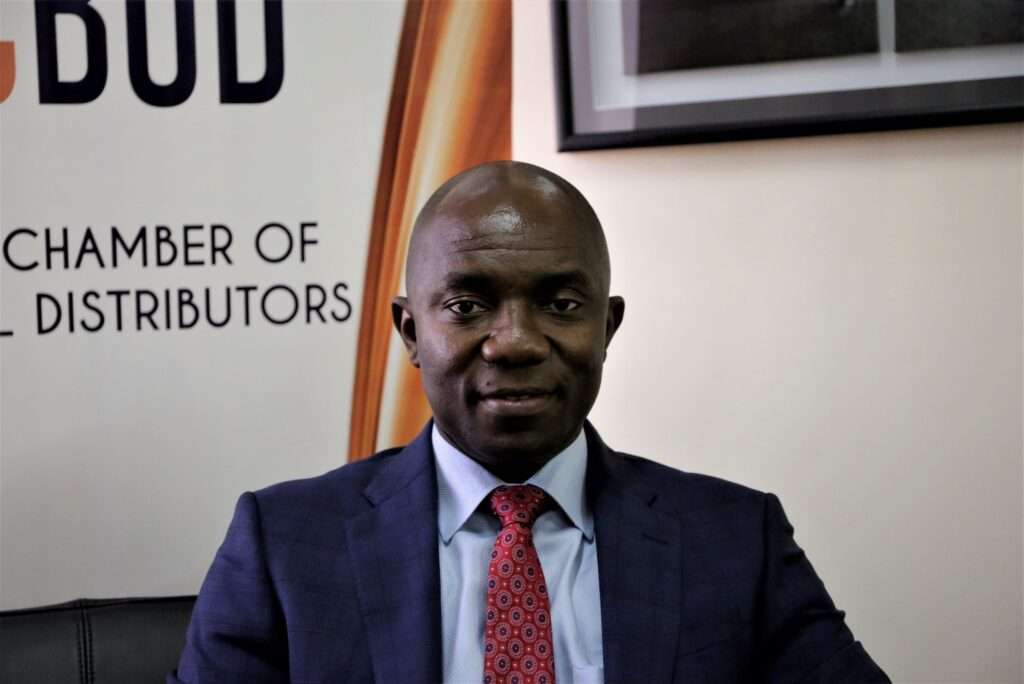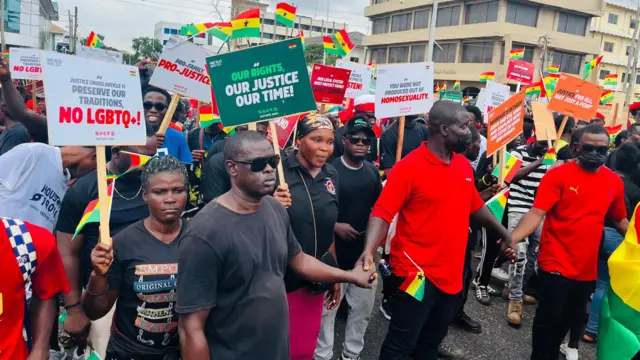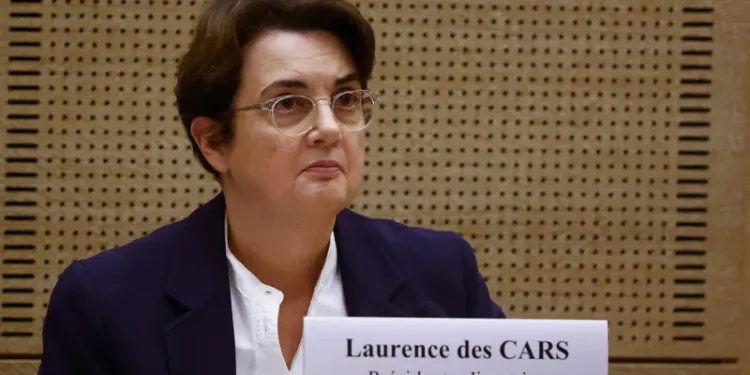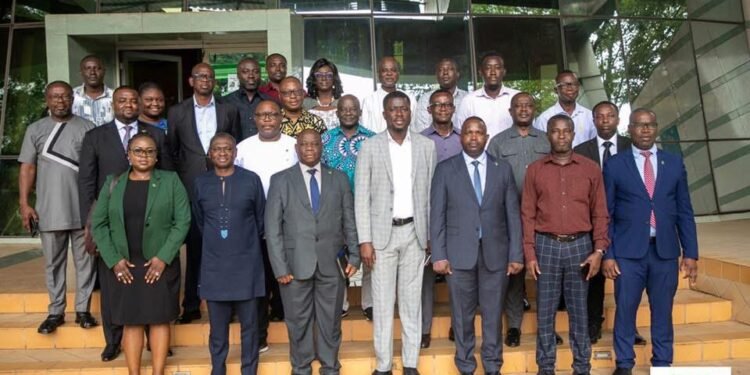The CEO of the Chamber of Bulk Oil Distributors (CBOD) has clarified the position of its members on the government’s Gold for Oil (G4O) policy.
Dr. Patrick Ofori stated that CBOD members do not oppose the policy itself but have concerns about its uneven implementation. He emphasized that CBOD supports the policy in principle, aiming to help foresee and address any possible difficulties that may arise.
“This was to ensure that although this is a temporary fix, we find a way of formalizing and structuring it with every stakeholder being relevant and knowing that their perspectives have been considered.”
Dr. Patrick Ofori
According to the government, the policy aims to exchange gold for petroleum products, which could help limit the demand for dollars for the importation of petroleum products and slow the currency’s devaluation.
However, CBOD argues that the current execution of the policy unfairly benefits public entities like the Bulk Oil Storage and Transportation Company Limited (BOST) and Sentuo Oil Refinery Limited, at the expense of private-sector Bulk Oil Distributing Companies (BDCs).
“In technical terms, we are not against it, but we are against the way the implementation has been skewed in favor of public entities. What we are saying is that the central bank has done remarkably well when it came on board with the forex option, but we are advocating that since they already have an existing relationship with us and our banks.”
Dr. Patrick Ofori
Dr. Ofori suggested that even if the central bank does not fully trust the BDCs, it should at least regulate the financial institutions through which the BDCs operate. This would allow the BDCs to cede their cedi to the financial institutions, which would then pass it on to the Bank of Ghana (BoG).
“Let’s cede our cedi to the financial institution so they will pass it onwards to the BoG and as they manage with the auction, they also use that to procure the gold and the resultant forex will be accumulated to us.”
Dr. Patrick Ofori
BDC Concerns Over Gold for Oil Policy
Dr. Patrick Ofori said the BDCs’ issue has been that although they understand the strategic role BOST plays, “none of us set up our business with BOST as a middleman. We all set up our businesses because we built a track record of having a wonderful relationship with these international players.”

He stated that during the years when BOST was unable to settle its debts, it was the private sector that sustained the market and kept operations running smoothly.
The CBOD boss is, therefore, wondering, “What has changed that all of a sudden, they (BDCs) are seen as the black sheep?” He emphasized that the policy should be structured to include all stakeholders and consider their perspectives.
According to him, the sad aspect is that because the BDCs are predominantly owned by Ghanaians, they are being skipped “to enroll another entity that is in the private sector (Sentuo Oil Refinery Limited).”
He also raised concerns about the national interest in providing foreign exchange support to Sentuo Oil Refinery Limited.
“Government should expand it to cover everyone beyond the 40%.”
Dr. Ofori also suggested that other factors, such as the Independent Power Producers (IPPs) and the Electricity Company of Ghana (ECG), which also purchase fuel, should adopt a similar pricing structure.
He noted the importance of this approach to prevent a situation where it would seem only the Bulk Distribution Companies contribute to increases in the exchange rate.
As such, the CBOD supports the Gold for Oil policy but criticizes its biased implementation favoring public entities. Dr. Ofori emphasizes fairness and inclusion for all stakeholders to ensure effective execution.
READ ALSO: EC Sets Record Straight on SALL Exclusion, Debunks IMANI’s False Claims























